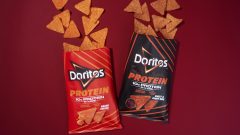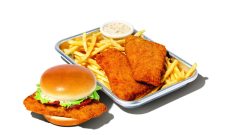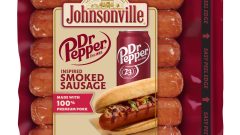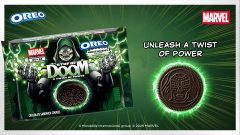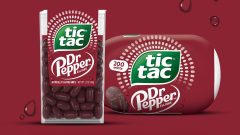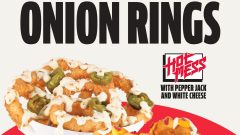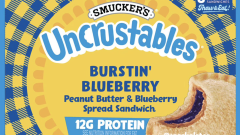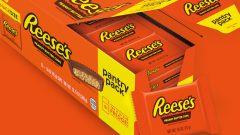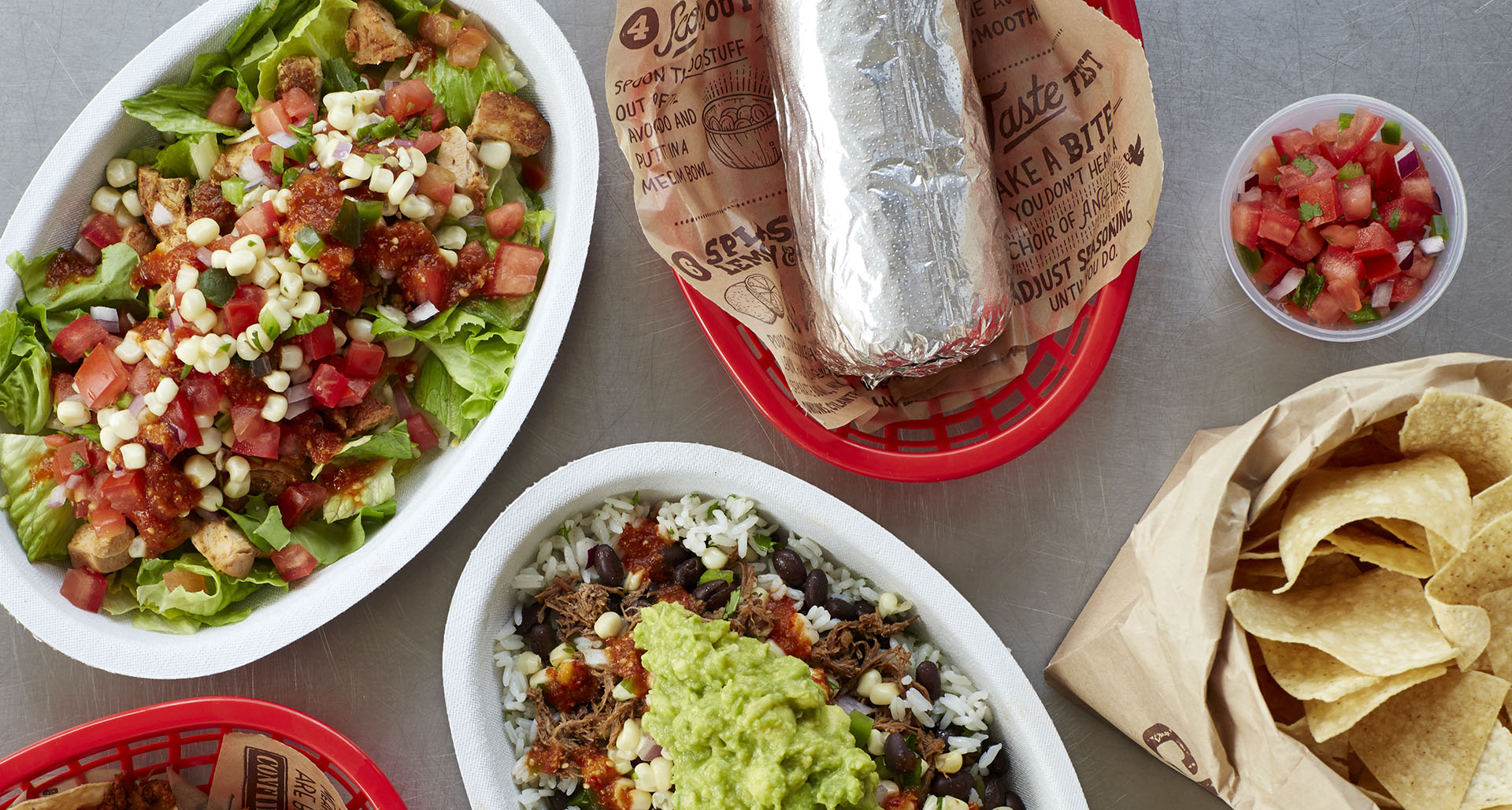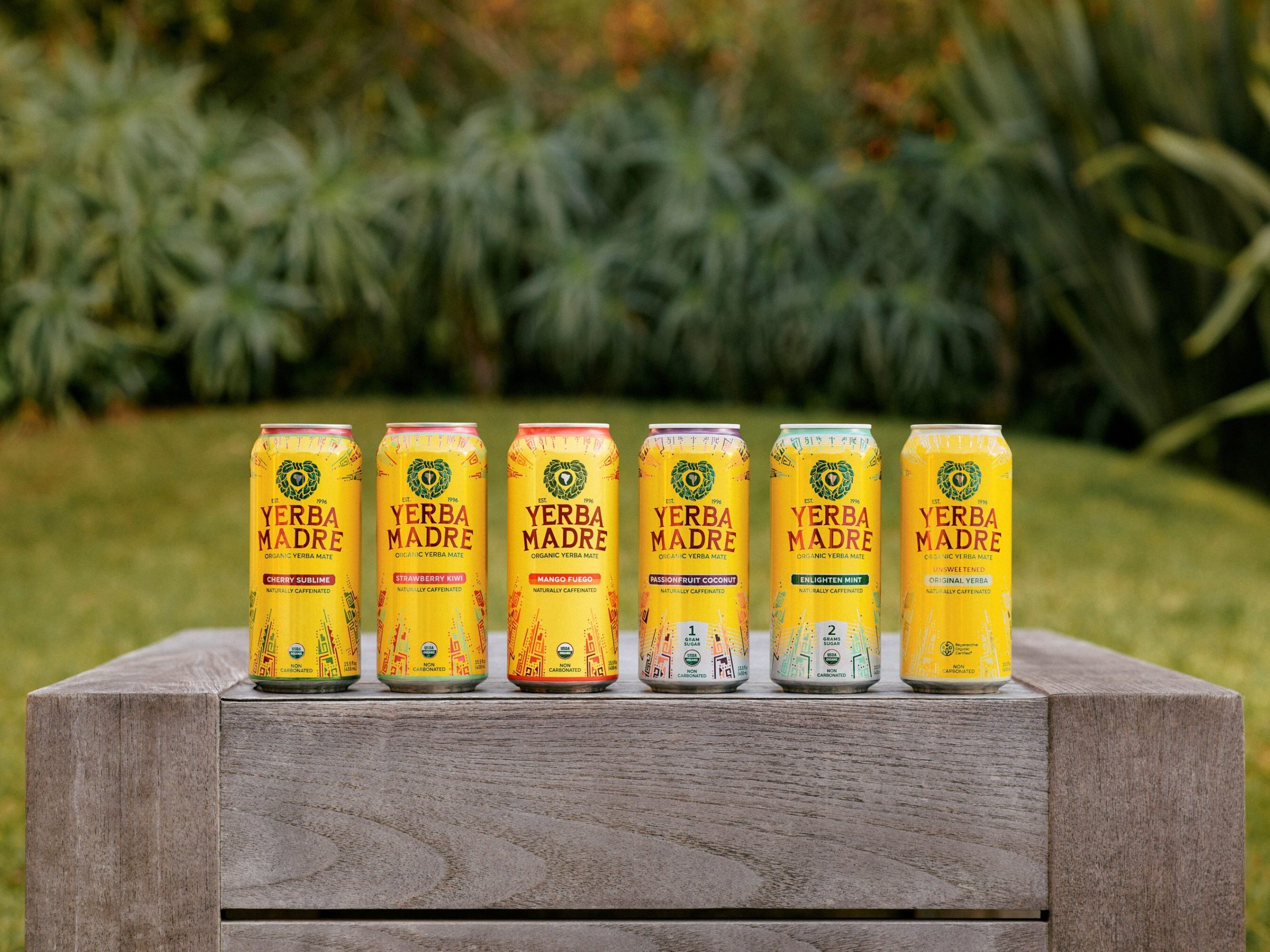That Viral Mac And Cheese Study Is Actually A Fear-Mongering Twist On The Truth
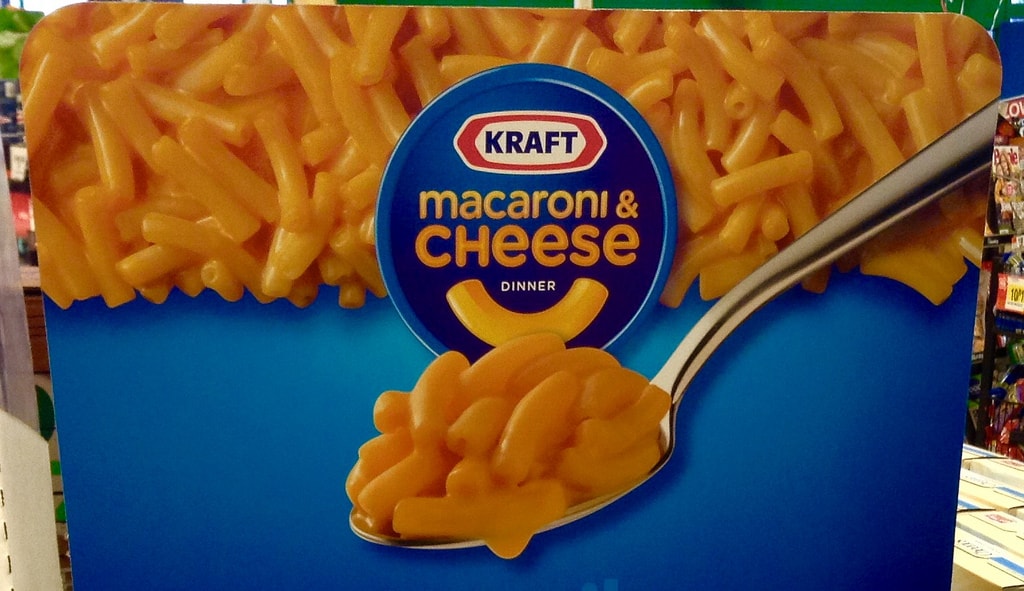
Photo: Mike Mozart on Flickr
Don’t trust every scientific study that comes along on the Internet.
The New York Times recently published an article about a study identifying chemicals called phthalates in boxed macaroni and cheese products. Phthalates accidentally leach into food, especially high-fat items like meat and cheese, from processing or packaging equipment. In high dosages, they have some chronic toxicological concerns, which include potentially limiting testosterone production and disrupting hormones.
In their post, the Times claims that powdered cheese in boxed mac and cheese products, such as those produced by Kraft, can contain up to four times more phthalate than dairy products like string cheese.
Since the article went live, other outlets have begun to discuss how we should avoid eating boxed mac and cheese in the future because of these phthalates. If you read one of these, including the Times piece, there’s a good chance you stumbled into some classic pitfalls of inaccurate science reporting.
I’m not going to say that the Times article is completely false. They do a great job describing the toxicological risks of phthalates based on current research. However, there are multiple elements of the mac and cheese study that need to be addressed because it unjustly instills fear into the consumption of a product we love by distorting some data.

Photo: Steven Guzzardi on Flickr
To start, the claim that powdered cheese has quadruple the phthalate of other cheese products is definitely inflated. In the original study, you’ll find that in the actual overall product, phthalate levels are roughly within the same concentration range of 100-200 micrograms per kilogram of food. That means that per kilogram, cheese products like string cheese, cottage cheese, and the powdered cheese all have the same concentration level of phthalate. The false powdered cheese claim comes from measuring on a fat basis, so you would only find quadruple the phthalate in your system if you just ate the fat from each cheese, which doesn’t sound too appetizing.
If you try to compare between different specific phthalates, which is how the European Union regulates their intake of these incidental additives (the US has no such recommendations), you’ll find that the authors of the circulated report pulled a fast one. Instead of showing the concentration of each phthalate in the total product, they only presented data on the amount of each phthalate in the fat of all cheese products. There is no way to compare how much of each specific compound is present between boxed macaroni and cheese, string cheese, and other products evaluated by the study, so no actual determination can be made if these compounds are present in toxic levels or not.
Speaking of the study, it itself is more biased than that coconut oil study published by the American Heart Association last month. The coalition behind this report targeted Kraft Mac and Cheese as a potentially toxic product to strike fear into us. We know this because while no brands are named in the report, Kraft was the only brand analyzed that was mentioned to the New York Times. Furthermore, the study’s writers, “The Coalition For Safer Food Processing And Packaging,” were kind enough to leave us their website name: www.KleanUpKraft.org. Pretty sure there’s at least some kind of bias there.
On the website, you can actually find the full laboratory report of the tests that wasn’t displayed or circulated by the New York Times. Page 22 shows the full results of each specific phthalate for each product, and none of these results come even close to EU limits of how much of each phthalate can be present per kilogram of food. (Look at page 5 in the SML column of this report for those amounts.) This means that Klean Up Kraft took the data and egregiously spun it to scare us all out of eating boxed mac and cheese.

Photo: Pixabay
Based on this realization, however, you should feel better about chowing down on some boxed macaroni tonight. There isn’t even close to enough phthalate in this cheesy pasta to be of concern. You can still avoid it if you wish, but just know that the study about these compounds is blowing the entire thing out of proportion.

